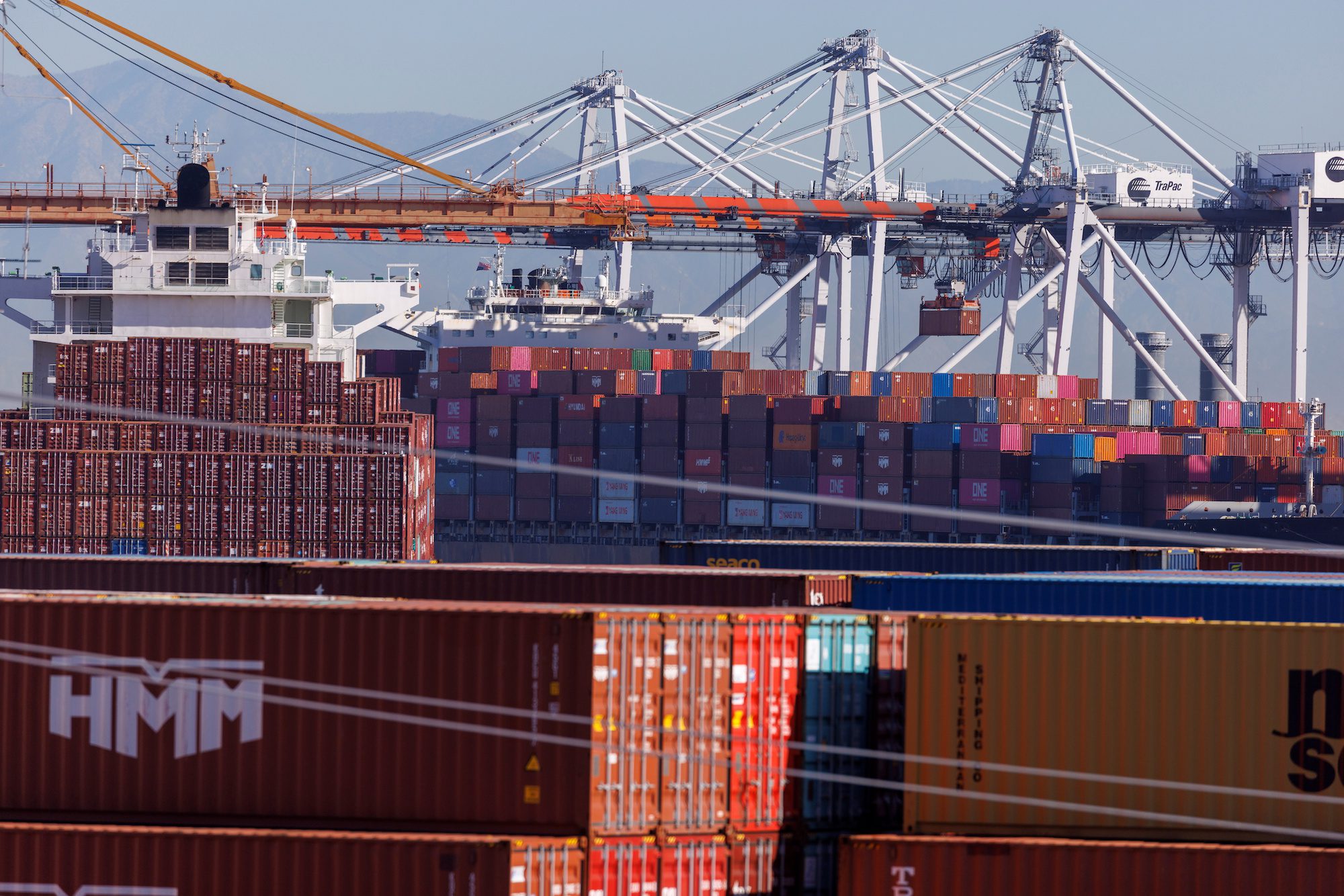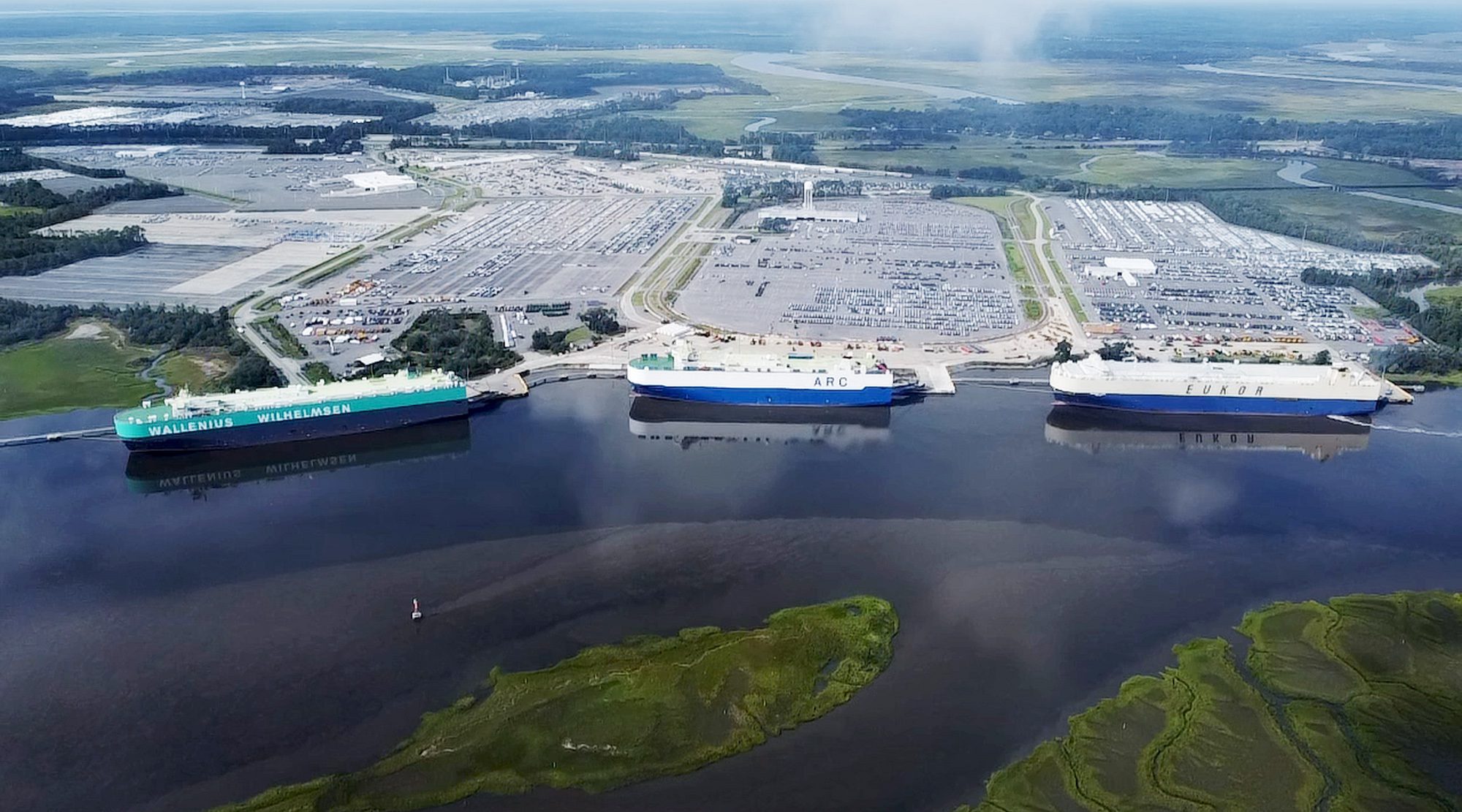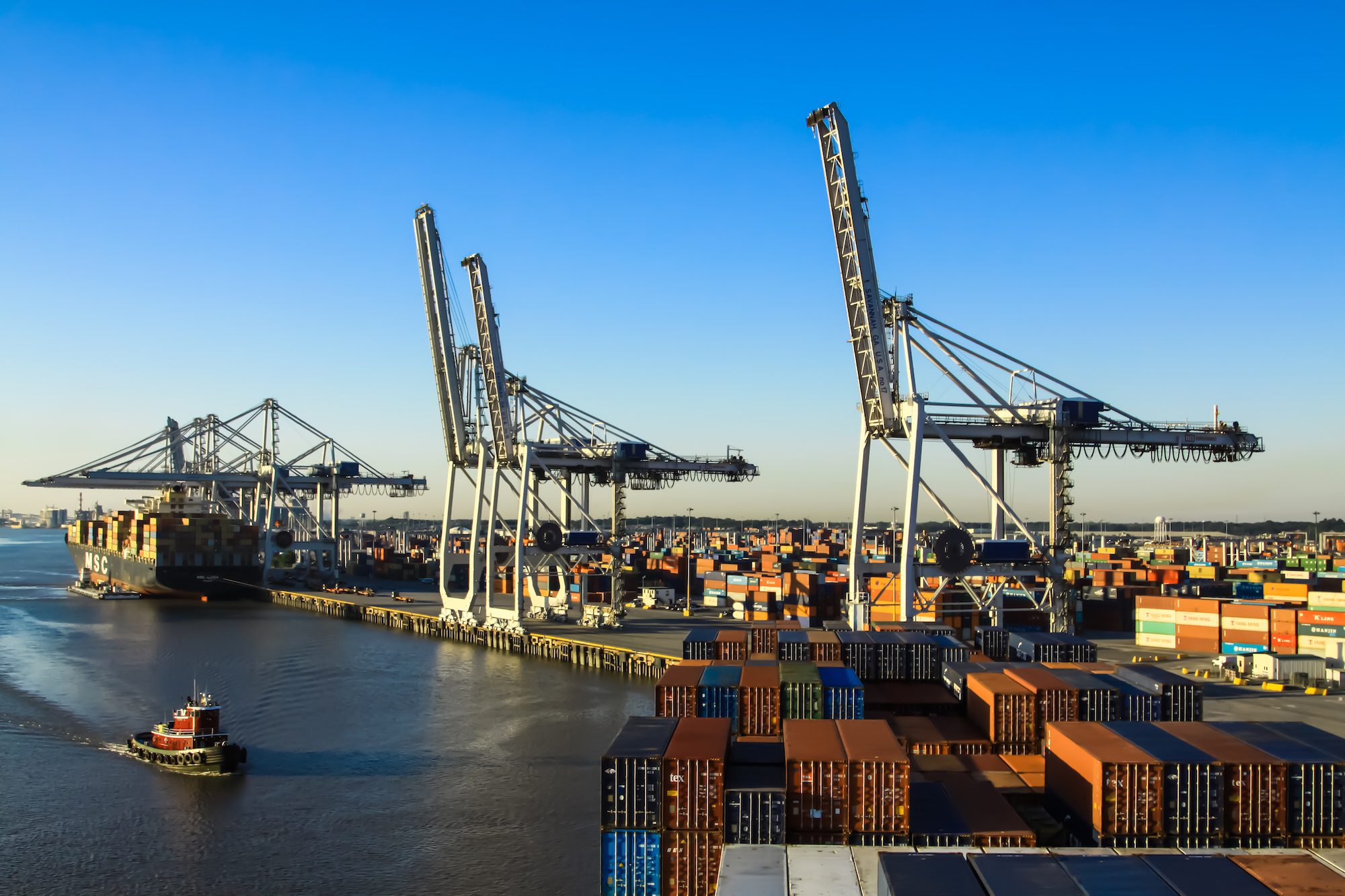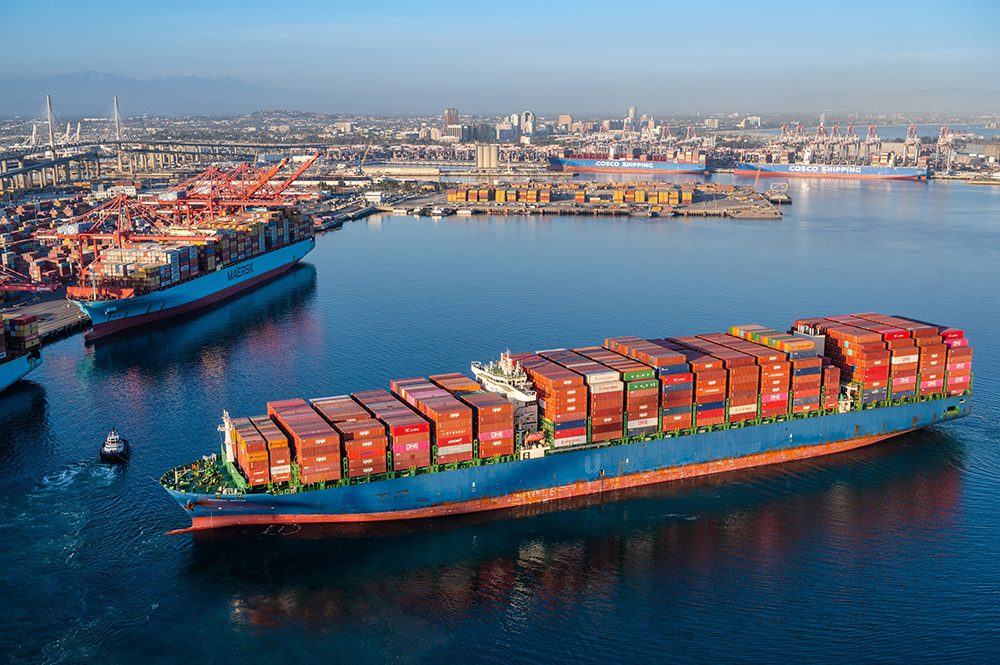The port of Los Angeles and Long Beach will once again postpone the new container dwell fees on imports as they continue to monitor the flow of cargo through the critical San Pedro Bay Port complex.
The twin ports are reporting “progress” at terminals with a combined decline of 37% in aging cargo on the docks since the new container dwell fee was announced on October 25th, according to numbers released by the ports on Monday.
As of today, however, the Port of Los Angeles was still showing 19,695 import containers dwelling past the 9+ day limit, while the Port of Long Beach shows 20,275 dwelling past the limit. Another 497 bound for rail have dwelled 6 or more days.
Under the temporary policy approved by the Harbor Commissions of both ports on Oct. 29, each one of those containers would have been hit with a daily fine starting at $100 per container and increasing in $100 increments each day a container remains on dock past the limit (8 days for truck-bound cargo and 5 days for rail-bound).
Proceeds from the policy are expected to be reinvested into port programs aimed at improving efficiency, cargo velocity and addressing congestion. Although the fine is assessed to the ocean carriers, they will ultimately be passed directly to shippers and cargo owners.
If the policy went into effect today as planned, the ports would have been set to dish out about $4 million fines on U.S. import containers on the first day alone. Within days, the fines could easily reach into the tens of millions and could even accumulate to $100 million or more within weeks.
But for now the ports are keeping the hold on the fines as they continue to monitor and report “progress” at terminals while crediting the fines, or threat of fines, for much of the success. This latest postponement is now the fourth week in a row they have been delayed.
This “progress” comes even as the backlog of ships waiting off San Pedro Bay hit a new record of 96 containerships as of last Friday, as the Marine Exchange of Southern California issued its first new numbers reflecting a change to the queuing process that began in mid-November aimed at improving safety and air quality near shore. The new system essentially closes the ports’ anchorages and holding/loitering areas by establishing an exclusion zone that stretches 150 miles from the coast. Officials say the new system increases safety and air quality near the port complex while also encouraging the practice of slow-steaming since the new system places ships in the queue based on departure date.
Unlock Exclusive Insights Today!
Join the gCaptain Club for curated content, insider opinions, and vibrant community discussions.

 Join The Club
Join The Club













